قرآن اور سائنسی انکشافات
از: پروفیسر ولی رازی
QURAAN AUR SCIENCI INKISHAFAAT
BY : PROF WALI RAZI
” قرآن اور سائنس ” مزید کتب کے لیئے کلک کیجیئے
The Quran, the holy book of Islam, is often seen by Muslims as a source of guidance in matters of faith, ethics, and even science. While the Quran is not a scientific textbook, it contains verses that some interpret as being in harmony with modern scientific understanding. Here are a few ways in which the Quran is sometimes seen as promoting modern science:
Encouragement of Observation and Reflection: The Quran repeatedly encourages believers to reflect upon the natural world and to ponder over the signs of creation. This emphasis on observation and contemplation can foster an appreciation for scientific inquiry.
Accurate Descriptions of Natural Phenomena: Some Muslims interpret certain verses in the Quran as describing natural phenomena in a manner consistent with modern scientific understanding. For example, descriptions of the development of the human embryo (Quran 23:12-14) or the water cycle (Quran 39:21) are often cited as examples of scientific knowledge present in the Quran.
Harmony with Scientific Discoveries: Muslims who advocate for the compatibility of the Quran with modern science argue that there is no inherent conflict between the two. They believe that as science progresses, it unveils more of the intricate workings of the universe, which can be seen as reflections of the divine wisdom mentioned in the Quran.
Respect for Knowledge and Learning: Islam places a high value on knowledge and learning. The Quran encourages seeking knowledge and understanding, which can include scientific knowledge. This attitude fosters an environment conducive to scientific inquiry and advancement.
Ethical Guidelines for Scientific Endeavors: While not directly promoting specific scientific theories, the Quran offers ethical guidelines that can be applied to scientific research and its applications. Principles such as honesty, responsibility, and stewardship of the Earth can guide scientists in their work.
It’s important to note that interpretations of the Quran vary among individuals and scholars, and not all Muslims may interpret its verses in a way that aligns with modern scientific understanding. Additionally, while some passages in the Quran may seem to foreshadow scientific discoveries, others are subject to various interpretations and may not necessarily be seen as scientific in nature. Ultimately, the relationship between the Quran and modern science is a topic of ongoing discussion and debate within the Muslim community.
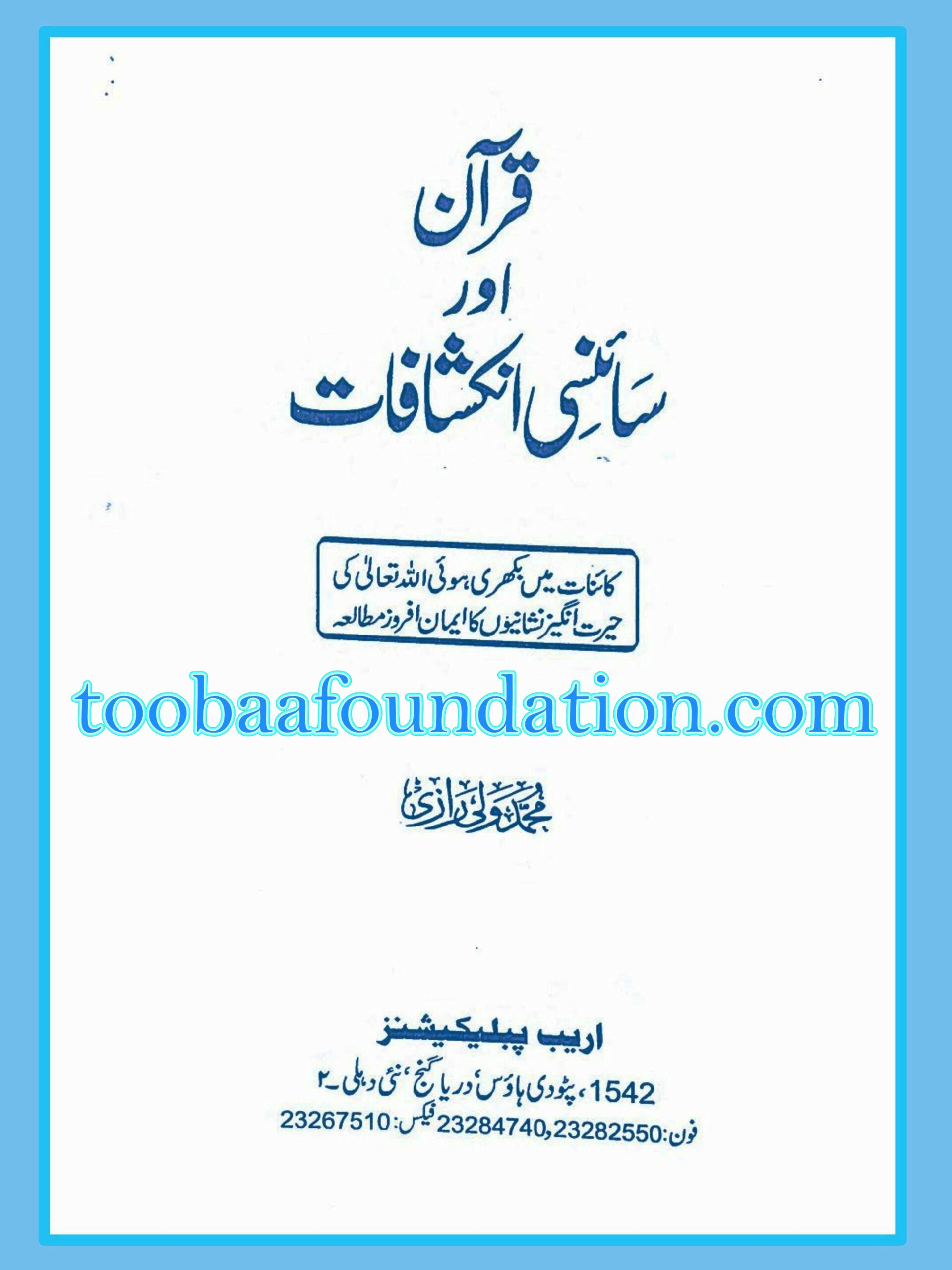


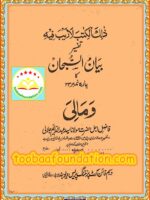
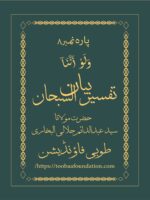

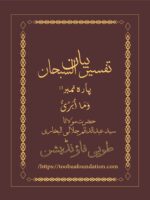
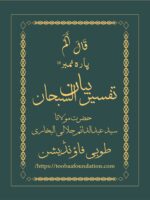
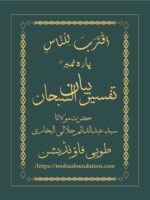
Be the first to review “QURAAN AUR SCIENCI INKISHAFAAT”